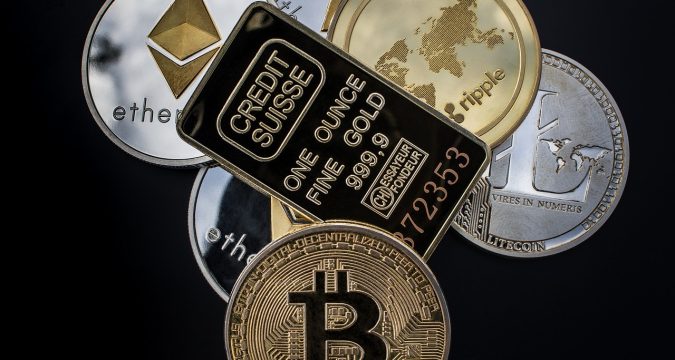
The co-founder of Ripple, Chris Larsen, attended the LA Blockchain Summit conference on 6th October, 2020. Speaking at the conference, he called out the United States for falling behind in the latest race for achieving global dominance i.e. development of the next generation of the worldwide financial system. In this address, Larsen shared some of his frustrations in regard to regulations in the US. In turn, these regulations prompted a lot of companies to consider moving their operations to completely different jurisdictions. He argued that in this technological cold war between the US and China, the former is falling far behind.
He asserted that the central government in China has managed to move ahead of lawmakers in the US in regard to infrastructure development, legislative clarity, fostering of innovation and resource allocation. Not only does this apply to blockchain technology, but is also applicable in other technologies, such as artificial intelligence, big data and surveillance. Larsen highlighted in this statement that China had come to understand that these new technologies would control and form the next generation of the global financial system. He also added that in around two decades, technologies like SWIFT and other banking processes would simply be cast aside and replaced with more efficient solutions.
Larsen also emphasized that the US hadn’t embraced any of the initiatives that could have digitalized the USD, and noted the progress made in China in regard to development of a Central Bank Digital Currency (CBDC). He stressed that it would become possible for China to spread the yuan globally, if it succeeds in developing a CBDC. If it does achieve this, it would end up undermining the dominance that USD has enjoyed for decades in the financial markets. It was earlier this week that the People’s Bank of China’s deputy governor, Fan Yi Fei had disclosed that the pilot program for the Digital Currency Electronic Payment was already being used for settling approximately $162 million in local transactions.
The co-founder of Ripple made it clear that as opposed to their US counterparts, the Chinese regulators had turned out to be a lot more adaptable. He argued that the Securities and Exchange Commission (SEC), the regulator in the United States, needs to recognize and accept Blockchain technology. In particular, he said that the SEC needs to accept that blockchain can serve as a vital battlefield in the technological arms race between the US and China.
Instead, the SEC has implemented exclusionary policies, which are designed to put a stop to another ICO craze, similar to what had happened back in 2017. It appears as if the United States believes that the world will not adopt blockchain and cryptocurrency until the country itself is ready to move. However, if this continues, the next two decades could certainly prove to be interesting because China is not the only country working on a CBDC. Hence, there is a possibility that unless they make a move, the US may be left far behind other nations as well.




